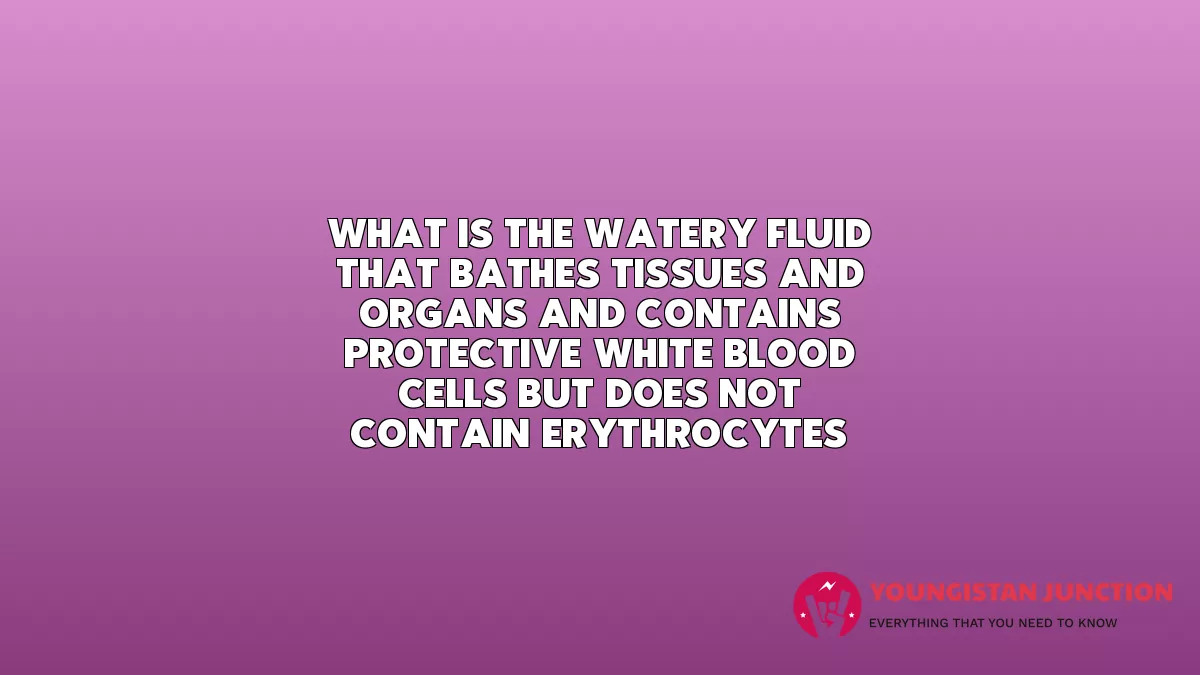What is the watery fluid that bathes tissues and organs and contains protective white blood cells but does not contain erythrocytes?
- Correct Answer: lymph
- secretion
- stomach
- basil
Explanation: The Lymphatic System Lymph is the watery fluid that bathes tissues and organs and contains protective white blood cells but does not contain erythrocytes. Lymph moves about the body through the lymphatic system, which is made up of vessels, lymph ducts, lymph glands, and organs, such as tonsils, adenoids, thymus, and spleen. Although the immune system is characterized by circulating cells throughout the body, the regulation, maturation, and intercommunication of immune factors occur at specific sites. The blood circulates immune cells, proteins, and other factors through the body. Approximately 0.1 percent of all cells in the blood are leukocytes, which include monocytes (the precursor of macrophages) and lymphocytes. Most cells in the blood are red blood cells. Cells of the immune system can travel between the distinct lymphatic and blood circulatory systems, which are separated by interstitial space, by a process called extravasation (passing through to surrounding tissue). Recall that cells of the immune system originate from stem cells in the bone marrow. B cell maturation occurs in the bone marrow, whereas progenitor cells migrate from the bone marrow and develop and mature into naïve T cells in the organ called the thymus. On maturation, T and B lymphocytes circulate to various destinations. Lymph nodes scattered throughout the body house large populations of T and B cells, dendritic cells, and macrophages (Figure 17.19). Lymph gathers antigens as it drains from tissues. These antigens then are filtered through lymph nodes before the lymph is returned to circulation. APCs in the lymph nodes capture and process antigens and inform nearby lymphocytes about potential pathogens.
More Random Questions
Ans: Mandalagra
Ans: Every 15,000–30,000 km
Ans: light and nutrients
Ans: landslides
Ans: China
Ans: Only (ii)
Ans: hemoglobin
Ans: quiet breathing
Ans: China
Ans: Jaipur
Ans: a mass extinction
Ans: Riyad
Ans: Thailand
Ans: Gujarat
Ans: Check coolant levels regularly

